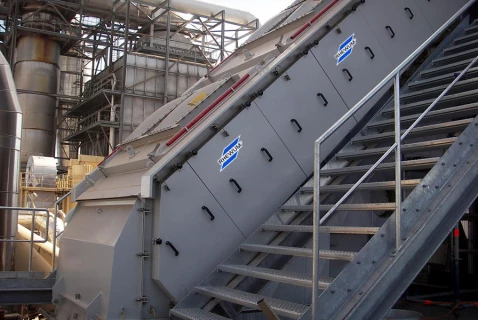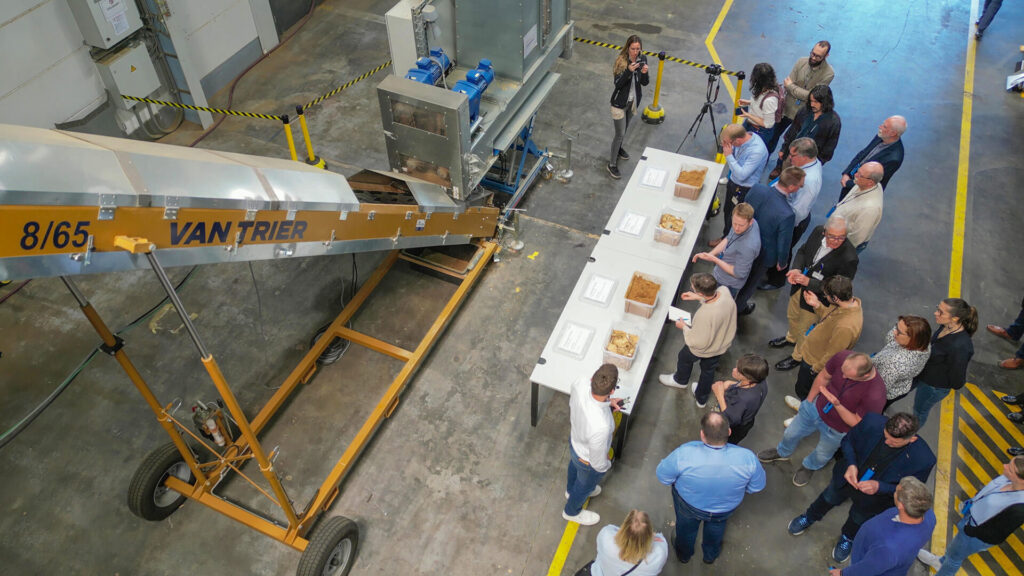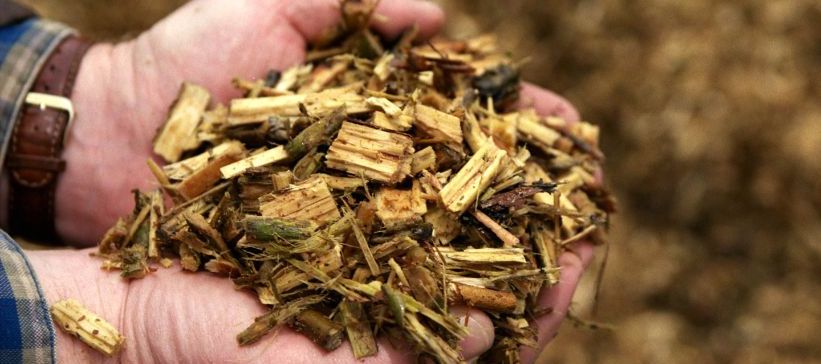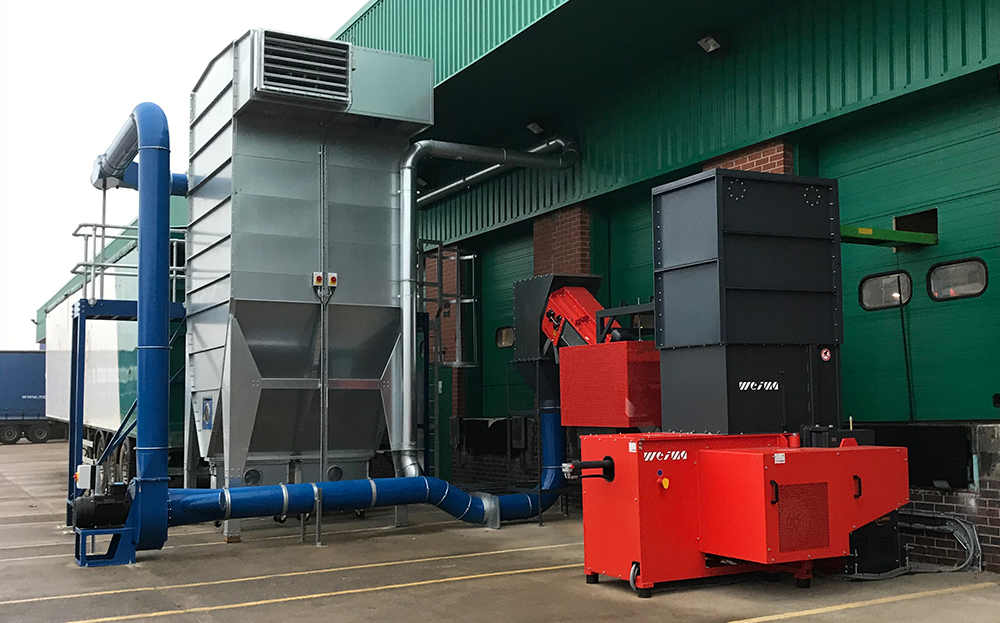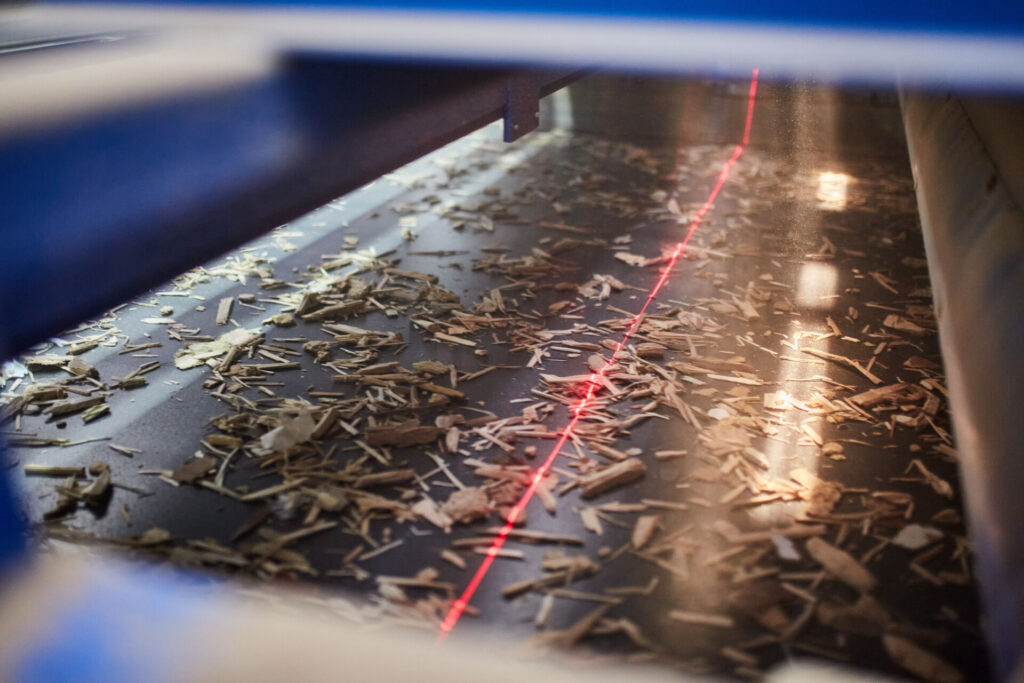Yes, most wood waste can be reused as a building material, recycled into mulch for landscaping or pulp for paper production, and used profitably as a fuel. Also, reusing and recycling wood reduces the need to cut down trees.
Wood waste recycling is the process of turning waste wood into usable products. Products generated from scrap wood recycling are used in paper production, panel board production, wood pellets, energy production, and more.
Wood recycling can also help to reduce the amount of waste sent to landfills, where it can take decades or even centuries to decompose. By recycling wood, the material is given a new life as a fuel source, a landscaping product, or a building material, which can help to extend its useful life and reduce waste.




